Iran seen as emerging economy with great potential in BRICS grouping: Analyst
By Alireza Kamandi
Iran is seen as an emerging economy with great potential in the BRICS grouping as it offers economic, cultural and geographic dimensions to the bloc’s expansion, says an analyst.
In an interview with the Press TV website, Prof. Ari Sitas, a South African political analyst, author and former chairman of the South African BRICS Think Tank, said Iran’s strategic role in BRICS is tangible.
Given the strategic location of the country, in the middle of what used to be the Silk Road with historical paths and marine ways to India, China and East Africa, its membership in the influential regional alliance is significant, he stressed.
“If Iran plays its role to strengthen the peace and development axis of what BRICS is trying to achieve, the fit will be easy. But these are slow processes and will depend more on people-to-people interactions beyond the government-to-government agreements and protocols.”
The 10th BRICS Parliamentary Forum was held in the Russian city of St. Petersburg on July 11, with the issue of de-dollarization figuring on top of the agenda of the event that saw the participation of Iran’s Parliament Speaker Mohammad Baqer Qalibaf.
Qalibaf stressed that de-dollarization will help in lifting the US pressure off emerging economies.
Regarding omitting the dollar from the settlement mechanism among BRICS members, Prof. Sitas said the immediate effect of de-dollarization is not yet clear.
He hastened to add that BRICS is seeking a fair-trade regime and the ability to have its financial transactions independent of one dominant currency that benefits only one country in the world.
“It will not be a quick-fix solution but a slow transition as the dollar is still a powerful instrument in world trade. It is the beginning of a process that has to reflect the actual economic balance of forces in the world,” Prof. Sitas told the Press TV website.
“Furthermore, a significant amount of trade is happening across borders but within the structures of large multinational companies- they will have a big role to play in such a big change too.”
Asked if BRICS has reached a point where it is seen as a serious and reliable trade bloc for Western countries to join, the South African analyst said BRICS has mostly had “bad press” in the West.
“What are such different countries with different internal social and political formations doing with each other” was a question doing rounds in the West, he added.
Prof. Sitas noted that the relationship between individual BRICS countries and the Western European or Northern American ones is growing despite the trade war declared by the US against China, while relations between G20 member states continue to be fragile.
“The economic size of BRICS is percentage-wise smaller than its population. It has one-third of the GDP and more than half of the world’s population with its new entrants. BRICS combined GDP is larger than the European Union’s and China is destined to overtake the USA as the largest economy in the world if we are looking at GDP sizes,” he asserted.
“For me, growth for growth’s sake is not a rational development path. But Wall Street is Wall Street and it is trained to believe only in that. Relations in the world will have to improve if BRICS sticks to building a peace-based and fair-trade axis.”
Israeli forces kill Palestinian man in raid on occupied West Bank village
Hind Rajab Foundation names Israeli war criminals vacationing after Gaza genocide
'This is cruelty, not war,' Pope Francis slams Israel's brutality against Gaza children
IRGC intelligence forces bust Takfiri terrorist team in western Iran
Syria’s de facto new ruler names Asaad al-Shibani as foreign minister
How 8-year-old Lebanese child Fawaz nixed Ben Gurion’s 76-year-old fallacy
VIDEO | 700,000 Cubans rally at US embassy in Havana against trade embargo
Iranian embassy staffer assassinated by terrorists in Damascus


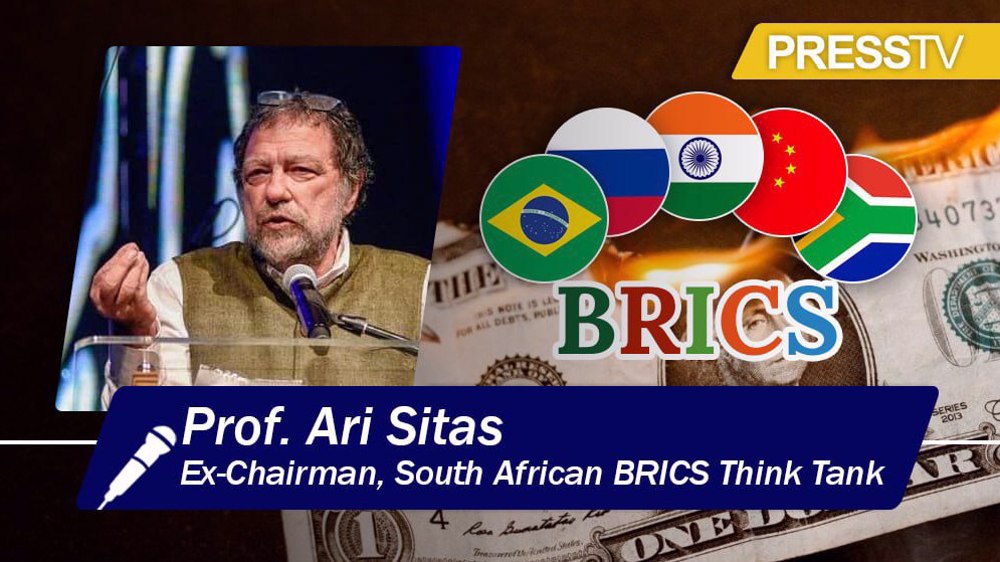
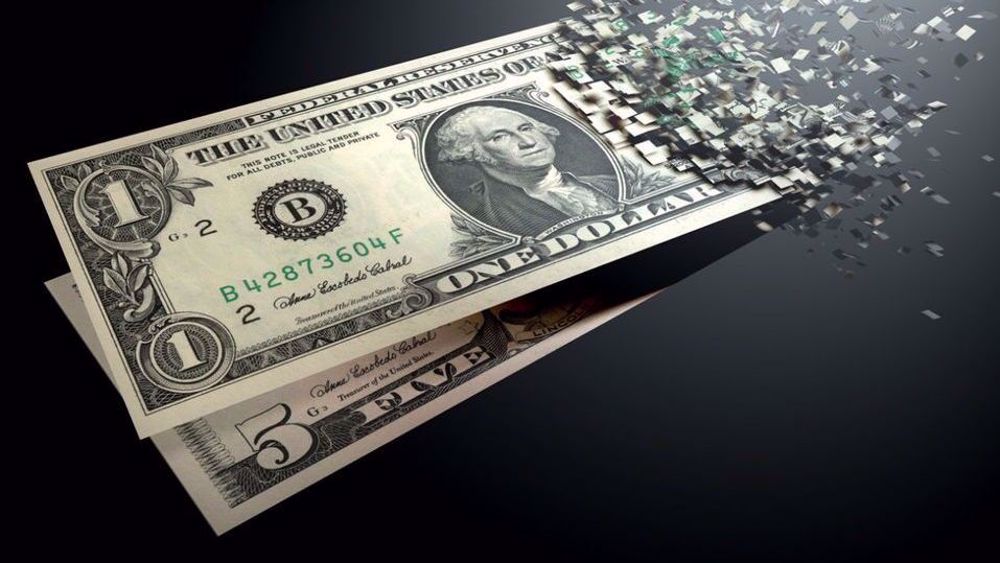


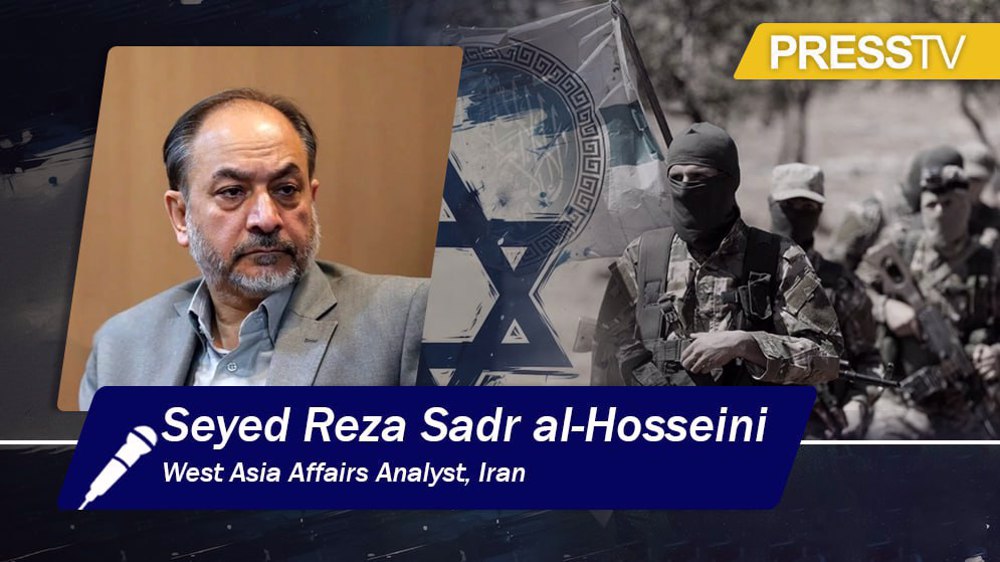



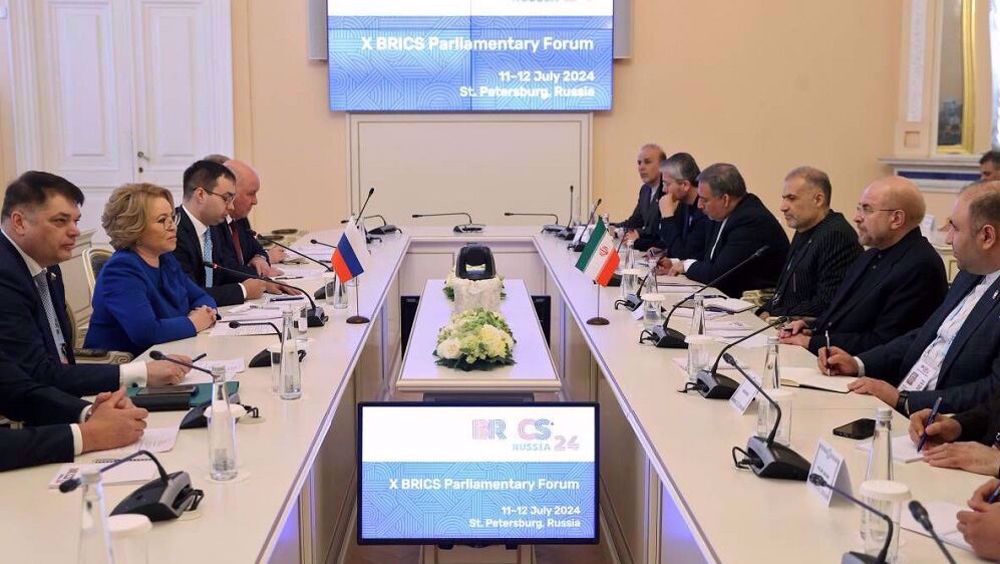
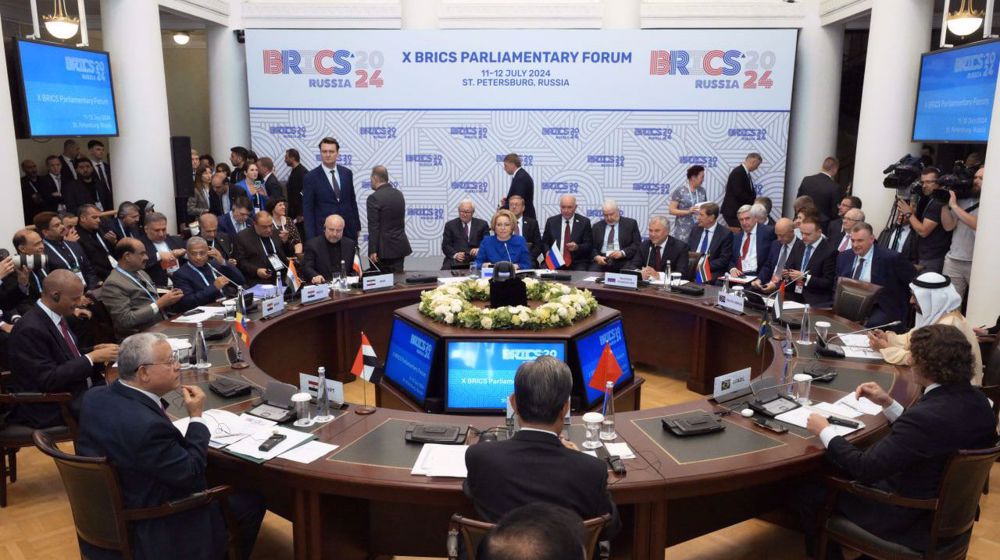
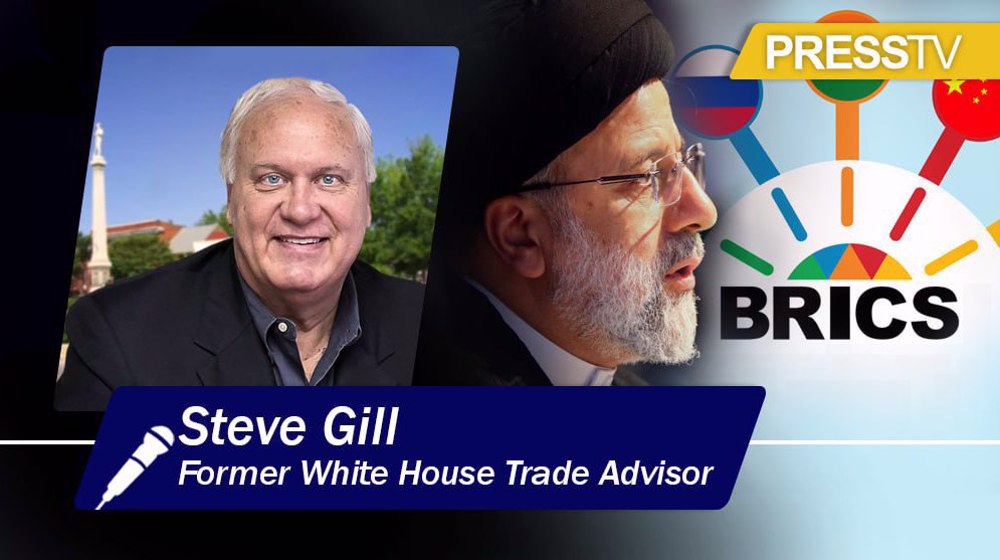
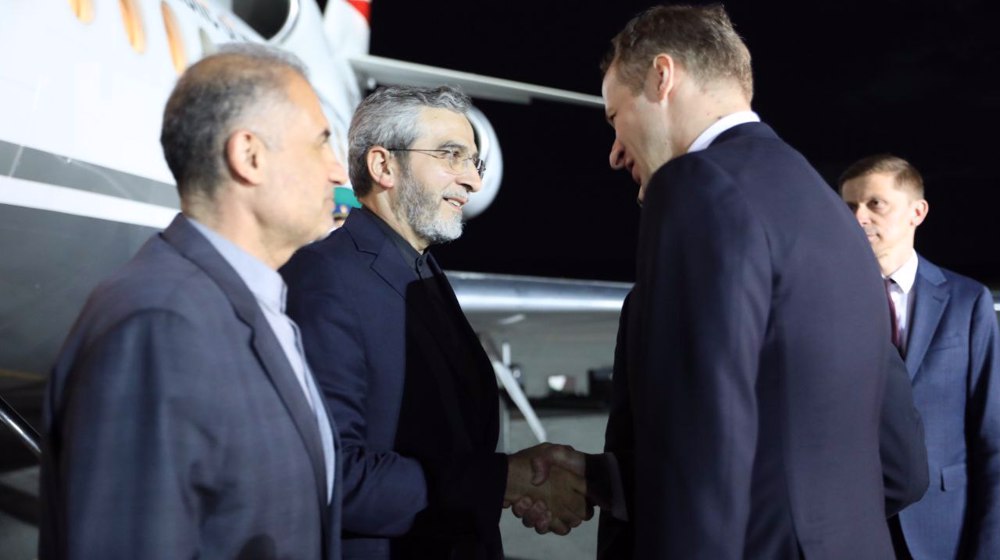
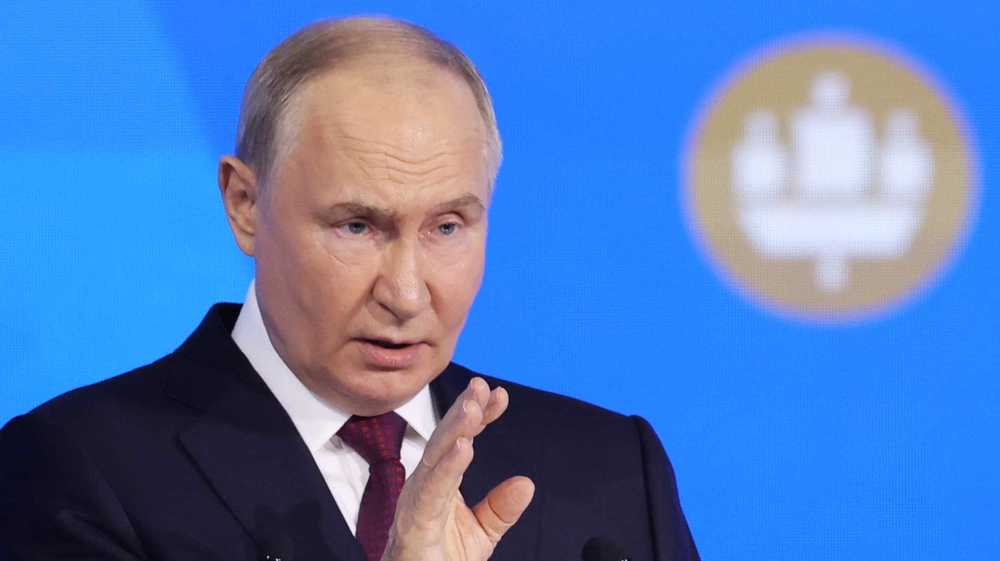

 This makes it easy to access the Press TV website
This makes it easy to access the Press TV website